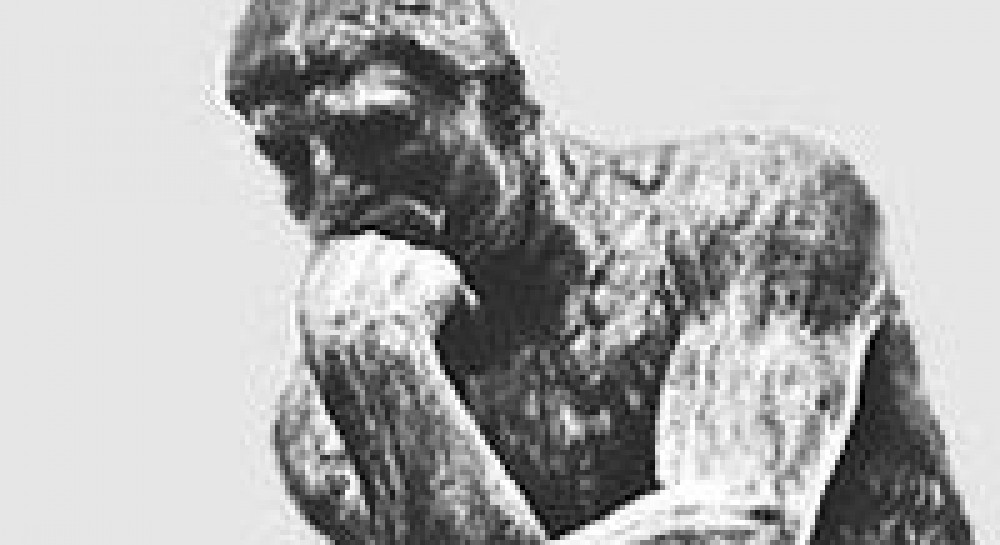
Ukraine: waiting for Russia on the WTO?
Ukraine is facing pressure from Russia to synchronise the two countries` accession to the WTO-a move that would slow Ukraine`s entry and the start of a free-trade deal with the EU.
Ukraine is facing pressure from Russia to synchronise the two countries` accession to the WTO-a move that would slow Ukraine`s entry and the start of a free-trade deal with the EU.
On balance, despite his pro-Russian leanings, prime minister Viktor Yanukovych is unlikely to agree, for it is scarcely in his interests to do so.
However, there is still doubt over whether Ukraine will now move swiftly to join the WTO or whether Mr Yanukovych`s foot-dragging will continue.
In the wake of signing an agreement on October 24th on the price Ukraine will pay for imported gas in 2007, Russian prime minister Mikhail Fradkov urged Ukraine to hold talks with Russia over its accession to the World Trade Organisation (WTO) and even to synchronise the two countries` entry.
In practice this would amount to Ukraine slowing down its WTO entry, as the country has an opportunity to wrap up this process by December.
Russia is a few steps behind Ukraine and while it could complete negotiations and preparations in late 2006 or at some point in 2007, there is a risk that the process could be extended, or that Russia`s government could halt the process because it doesn`t like the terms on offer.
FRADKOV`S GAME
There are three main elements to Mr Fradkov`s proposal.
[1] First, there is a matter of prestige: Russia would prefer to lead Ukraine (and Kazakhstan) into the WTO, rather than follow its ellow former Soviet states into the organisation.
[2] Second, Ukraine`s accelerated accession to the WTO would be followed by the start of EU-Ukrainian talks on a free-trade
[3] Third, there is a threat to Russia`s leverage over Ukraine.
If Ukraine entered the WTO first, it could conceivably seek to influence the terms of Russia`s entry.
At present Russia has considerable leverage over Ukraine, primarily because the latter depends on imports for around 75% of its gas consumption and the pipelines delivering this gas are under Russian control. (Russia`s leverage is not absolute, however, as it depends on Ukrainian pipelines to deliver 80% of its gas exports to Europe.)
If Ukraine were in a position to influence the terms of Russia`s WTO entry, its leverage vis-à-vis Russia would improve. In an attempt to avoid this, Russia seems to have persuaded WTO member the Kyrgyz Republic to withhold its approval for Ukrainian accession to the WTO.
Mr Yanukovych is often described as pro-Russian, but this is only partly correct. He enjoyed Russian support during Ukraine`s 2004 presidential election and is certainly more favourably inclined towards Russia than the election`s eventual winner, Viktor Yush-chenko.
At the same time, under the rule of Eastern Ukrainian politicians such as Mr Yanukovych, prior to 2005 Russian business was largely shut out of Ukraine. So it does not follow that Mr Yanukovych, although he is from Russian-speaking Eastern Ukraine, will grant Mr Fradkov`s wish.
Indeed, synchronisation of accession with the WTO has drawbacks for Mr Yanukovych. Domestically it would drive a wedge between his party, Regions of Ukraine, and Mr Yushchenko`s Our Ukraine.
Accelerated WTO accession was a key element of the common agenda that Messrs Yushchenko and Yanukovych agreed before the former named the latter as prime minister.
For the president, swift WTO accession is vital because it increases Ukraine`s international economic integration and paves the way for the start of talks in February 2007 on an FTA with the EU.
Although Mr Yanukovych wields considerable power as a result of constitutional changes that took effect at the start of 2006, he still has a strong interest in good relations with Mr Yushchenko and Our Ukraine.
Synchronisation with Russia would also work against the interests of Ukraine`s steel oligarchs, most of whom are Mr Yanukovych`s allies, as WTO accession would increase export opportunities for Ukrainian steel.
THE GAS ISSUE
For these reasons, we do not expect Mr Yanukovych to agree to synchronise WTO accession with Russia. The main threat to this forecast is the question of gas prices.
At the start of 2006 Ukraine`s government agreed to buy Central Asian gas from RosUkrEnergo-a venture owned jointly by Ukrainian businessmen and Russian gas monopoly Gazprom-at a price of US$95 per 1,000 cu metres, which was nearly double the previous price.
However, this is still far below the "market price" prevailing in Western Europe, which has been around US$240 per 1,000 cu metres for much of 2006, and Russia has indicated its intention to push gas prices for all CIS states towards European levels.
At their October 24th meeting, Messrs Fradkov and Yanukovych agreed that Ukraine would pay US$135 per 1,000 cu metres for gas in 2007.
The Ukrainian government is confident that, at this price, industry will continue to prosper. However, the authorities were hoping to fix the gas price for several years rather than just 2007.
If Russia explicitly links future gas pricing to the issue of WTO accession, it is possible that Mr Yanukovych might be swayed in favour of Mr Fradkov`s proposal.
This news was monitored by the ArtUkraine Monitoring Service for the Action Ukraine Report.
The Economist Intelligence Unit Limited
New York, New York, Wednesday November 8, 2006

